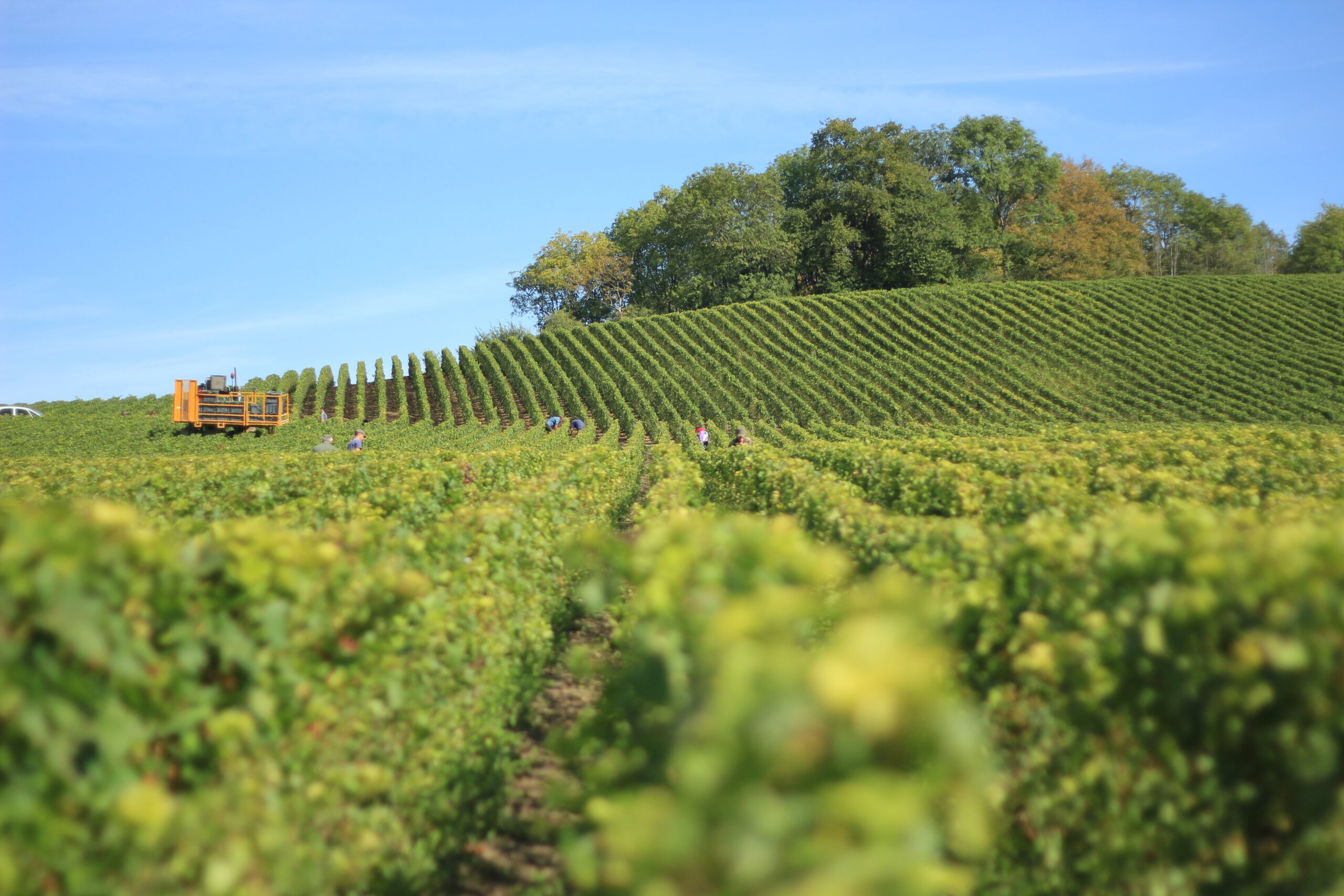
Evaluation of the U.S. Regulatory Process for Crops Developed through Biotechnology
A group of nine science and policy experts prepared this evaluation of the process by which U.S. regulatory agencies determine

Evaluation of the U.S. Regulatory Process for Crops Developed through Biotechnology
A group of nine science and policy experts prepared this evaluation of the process by which U.S. regulatory agencies determine

Professional Portfolio: Beyond the Curriculum Vitae
Individuals in the agricultural professions make valuable contributions to society, but the American public sometimes questions the relevance of those

Johne’s disease is primarily an intestinal infection of ruminants. Largely ignored by the livestock industry in the past, Johne’s disease

Estrogenicity and Endocrine Disruption
Exposure to synthetic and naturally occurring chemicals can affect important endocrine pathways and induce toxic responses. Authors from a variety

Relevance of Soil Testing to Agriculture and the Environment
This issue paper helps pinpoint factors that need to be considered as farmers and others use soil tests as a

Storing Carbon in Agricultural Soils to Help Mitigate Global Warming
The same farming practices that promote soil conservation can also decrease the amount of carbon dioxide accumulating in the atmosphere

Findings are presented on the growing danger to national forests, recreational, and agricultural lands from noxious weed infestations. These infestations

Applications of Biotechnology to Crops: Benefits and Risks
This issue paper is a summary of the recent scientific developments that underpin modern biotechnology and a discussion of the

Scientists discuss the risks associated with sudden loss of pesticides due to the implementation of the Food Quality Protection Act

Feasibility of Prescription Pesticide Use in the United States
Discussion of the feasibility of applying the medical model of prescriptions to high-risk pesticides that are being reassessed following passage